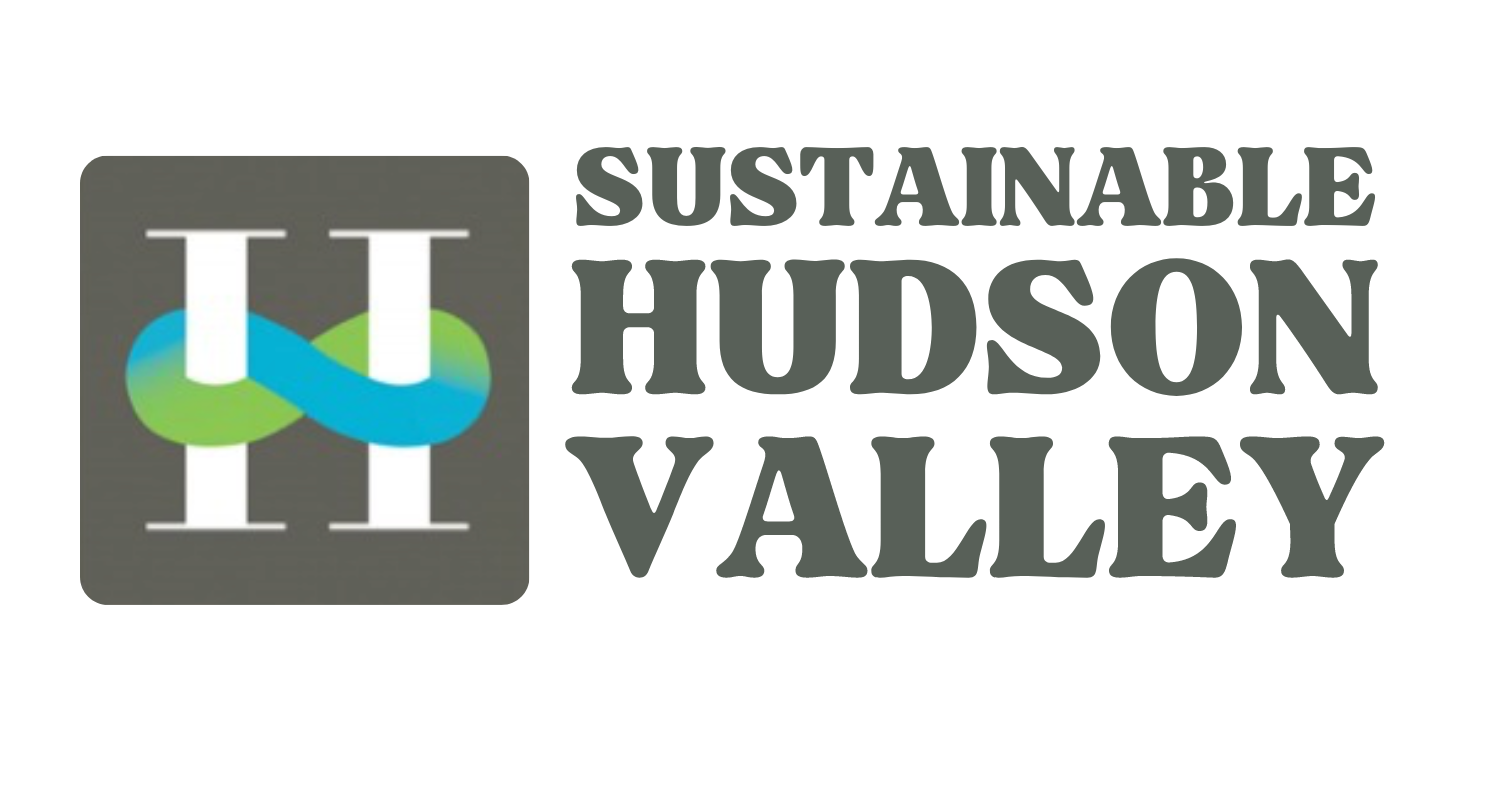Problem Solving Partnerships
Sustainable Hudson Valley identifies “system conditions” that get in the way of the rapid changes that are needed to turn the corner in addressing climate change. We work in a flexible, customized way with agencies and organizations who are responsible for managing resources and delivering services, to implement new approaches.
Carbon Dioxide Removal. In addition to hastening the energy transition, we need to remove the trillions of tons of carbon dioxide that are trapping heat in the atmosphere right now. This is a fast-moving area of innovation, much of it low-tech and easily implemented at the community scale. SHV is working with 4Corners Carbon Coalition to fund up to ten projects demonstrating biochar as a soil amendment that durably stores carbon and helps soil retain moisture. Applications for funding and technical assistance are open through March 7!
NY4Cool: New Yorkers for Cool Refrigerant Management. SHV helped to form NY4Cool in 2018, bringing together experts and thoughtful advocates to address the most potent - and least considered - greenhouse gases: the refrigerants that are essential for our fridges and supermarket chillers, home and car air conditioners, and the heat pumps that are so critical to the clean energy transformation. “The Cool Ones” have educated governments and climate advocates on all the ways that refrigerants leak into the atmosphere, from leak-prone supermarket refrigeration systems to improper recycling of air conditioners. Their expert testimony has helped to drive several state policy initiatives. Most recently, NY4Cool has piloted The Coolest Recycling Drive, a grassroots project to collect and properly dispose of refrigerant-containing appliances. The Coolest Recycling Drive will go regional in 2024 in partnership with SHV!
The Reuse Innovation Center. SHV worked under contract with Ulster County to develop a strategic plan for a ReUse Innovation Center inspired by Repair Cafe Hudson Valley founder John K. Wackman. We collaborated with the top national expert in reuse based economic development, Dave Bennink of Reuse Consulting in Bellingham, Washington. Dave has created several Reuse Innovation Centers: ecosystems of businesses that share a space or district and profitably reuse a spectrum of materials. Click here to learn more and view the reports.
YIMBY: YES (Renewable Energy) in My Back Yard. SHV and partners New Yorkers for Clean Power, Scenic Hudson, Vassar College and Mid-Hudson Energy Transition are helping communities and property owners that want to install community-scale renewable energy systems to get local plans and policies into shape, and coordinating a dialogue with Central Hudson to address the need for upgrades to the distribution grid. This includes a serious focus on historically disadvantaged communities.
Circular Economy Collaborative. To address the role of waste hauling and landfill emissions as 12% of New York’s carbon footprint, Sustainable Hudson Valley is nurturing the shift from an extractive to a circular economy based on reuse, recycling and regenerative practices. Building on the Repair Café network and analysis done to support Ulster County’s development of a Reuse Innovation Center, SHV is working with several mid-Hudson resource recovery agencies and other partners to achieve sharp increases in the diversion of one material at a time from the waste stream, by re-envisioning collection strategies and creating small business opportunities in upcycling and reprocessing. This effort starts with textiles and will continue with building and structural materials, then other materials flows as determined by the partners.
Public Libraries as Resilience Hubs for Climate Safe Neighborhoods. To address the need for changes in the local landscape and built environment that are far more extensive than government alone can accomplish, SHV has sought partners who can reach deeply into neighborhoods and provide resources for extensive local action. To assist ordinary people in shoring up their surroundings for resilience in the face of extreme weather and climate related disasters, SHV is working with the Mid-Hudson and Ramapo-Catskill Library Systems on a two-phased project to establish public libraries as “resilience hubs” – safe havens and learning environments. In the first phase, library boards and staffs will be trained on the needs and approaches, and will identify initial projects to undertake. In the second phase, library teams will be supported in implementing these projects to create safe havens at the libraries and safer neighborhoods as well.
